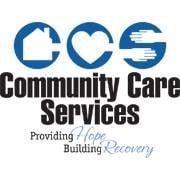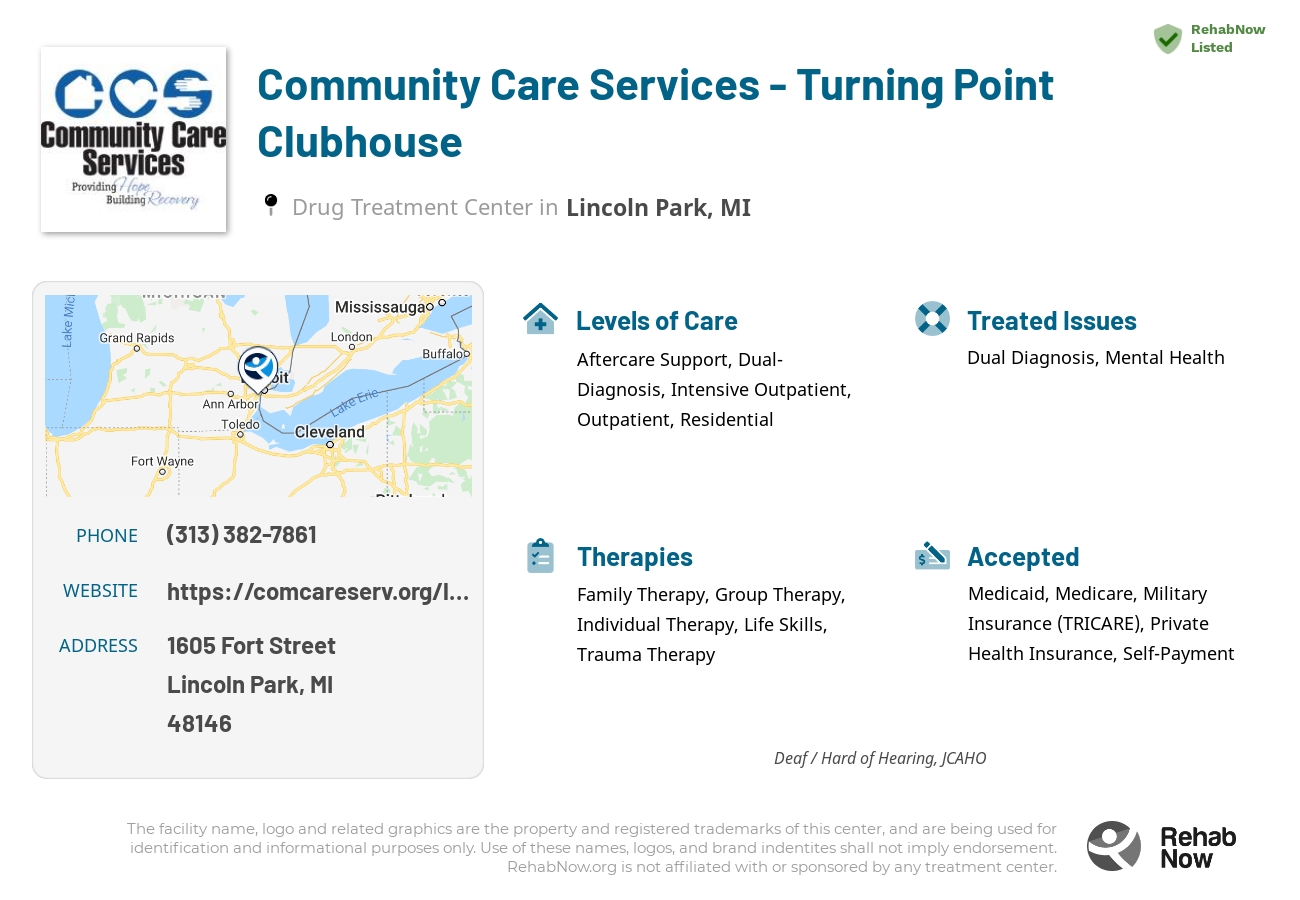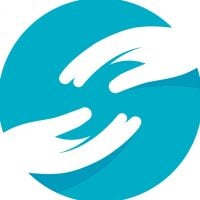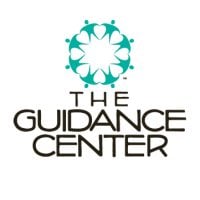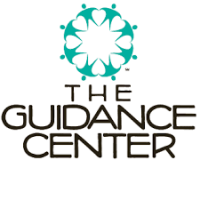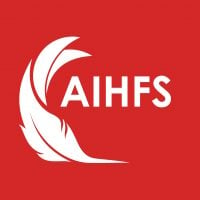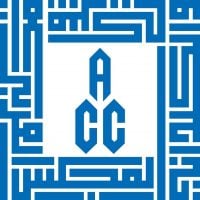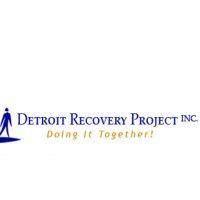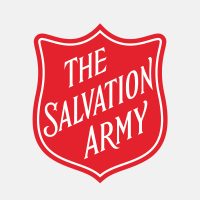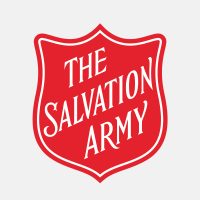Community Care Services - Turning Point Clubhouse
Drug Rehab Center in Lincoln Park, Michigan
Community Care Services - Turning Point Clubhouse provides comprehensive outpatient addiction treatment and mental health services, including counseling, psychiatric medication, crisis support, and recovery resources, with a focus on evidence-based care and individualized treatment plans, and has been accredited by CARF for its commitment to high-quality treatment.
About Community Care Services - Turning Point Clubhouse in Michigan
Community Care Services - Turning Point Clubhouse, located in Lincoln Park, Michigan, offers a unique approach to outpatient treatment for those struggling with substance abuse and mental health conditions. This facility stands out by providing a voluntary psychosocial rehabilitation program, fostering a supportive environment for members to enhance their social networks, pursue interests, and develop new skills.
Accredited by the Commission on Accreditation of Rehabilitation Facilities (CARF), Turning Point Clubhouse is committed to delivering high-quality, integrated care for substance abuse and mental health services. The program is tailored to meet the specific needs of children, teens, and adults, ensuring a comprehensive approach to recovery.
- Provides a safe, inspiring environment for members to expand their social networks and explore new interests.
- Offers comprehensive services including group, individual, and family counseling, psychiatric medications, and treatment planning.
- Recognized for its quality treatment, receiving awards and being named one of the top service providers in Michigan.
Turning Point Clubhouse addresses a wide range of addictions and mental health issues, utilizing evidence-based treatments such as Cognitive Behavioral Therapy (CBT) and Dialectical Behavior Therapy (DBT). The facility offers various levels of care, including individualized treatment plans and support for those in recovery, to ensure a pathway towards a healthier, more productive life.
Genders
Ages
Modality
Additional
Accreditations

JCAHO
Conditions and Issues Treated
Recovery is not simply about stopping drug use. Recovery is working with addiction while recovering mental health issues that are fueling the addiction in the first place.
Levels of Care Offered
This center offers a variety of custom treatment tailored to individual recovery. Currently available are Aftercare Support, Dual-Diagnosis, Intensive Outpatient, Outpatient, Residential, with additional therapies available as listed below.
Addicts who need help with their addiction can enroll in an intensive outpatient program (IOP). But the patient won’t live there during treatment.
IOP involves patients visiting a medical office building regularly for therapy and other services while continuing to live their lives.
IOP is a step up from drug or alcohol detox, but it’s still a phase of recovery, not the end goal. Patients in need of IOP have many options for rehab and treatment.
Outpatient treatment is considered the lower intensity level of addiction treatment. It’s ideal for early phase addiction or lower intensity addictions. It may include weekly sessions instead of daily. It may include weekly sessions instead of daily. Peer group support, 12-step programs, and individual counseling may still be involved but at a lesser frequency than an intensive outpatient program. It is a good choice for someone who doesn’t need to go through a medically supervised detox and who has a supportive home environment. It requires motivation and dedication to commit to the program without constant monitoring.
Residential treatment programs are those that offer housing and meals in addition to substance abuse treatment. Rehab facilities that offer residential treatment allow patients to focus solely on recovery, in an environment totally separate from their lives. Some rehab centers specialize in short-term residential treatment (a few days to a week or two), while others solely provide treatment on a long-term basis (several weeks to months). Some offer both, and tailor treatment to the patient’s individual requirements.
Aftercare support should take place after outpatient treatment has ended. There are a few different types of aftercare support that patients can seek. These include 12 Step, Self-help groups (AA, NA), Therapeutic communities, Long-term, structured sober living arrangements, and Halfway houses (residential treatment centers).
Therapies & Programs
Individual therapy involves one-on-one sessions between the patient and therapist. It provides patients with a safe environment to openly discuss personal and sensitive issues with the therapist. They find the therapist as someone they can trust. Individual therapy aims to identify the core issues that would have led the patient to substance abuse and address them effectively. The therapist can develop patient-specific customized solutions through individual therapy, which aids speedier recovery.
Family therapy is a group problem-solving that aims to improve communication and relationships between the addict, their family, and sometimes friends. The main goal of family therapy for drug addiction is to create an environment where communication can occur without judgment, hostility, or blame. The therapist is with the family as they learn to communicate differently, especially with the addict when s/he is using. The family can learn to reduce their enabling behavior or rally together and support each other during tough times.
An addict’s family can play a vital part in helping them to avoid relapse because they can spot the warning signs and help them get back on track before it becomes too much of a problem. Family therapy is one of the most effective ways to help addicts stay on the path to long-term sobriety. When a drug addict decides that they want to try and get sober, it takes the support of every person they love to succeed. It can be incredibly difficult for loved ones to watch an addict go through the pain and suffering of withdrawal, but by being there with them and supporting them, they can help to make sure that the addiction never returns.
Groups typically involve meetings with other recovering addicts who can relate to one another’s experiences. They might meet in person or online and typically focus on the process of staying sober rather than overcoming a specific addiction.
In these groups managed by Community Care Services - Turning Point Clubhouse, addicts can build a sense of community and develop strong emotional connections with others who understand what they are going through. These beneficial relationships can help addicts overcome their cravings and prevent relapse at any point during the recovery process.
In general, trauma therapy is a clinical process that helps individuals deal with mental stress often caused by traumatic events. The therapist helps the person identify, understand, and work through the problem. This is done with the help of talking about it in group or one-on-one counseling sessions. Therapists use relaxation, role-playing, art, and music to help the person open up about what is bothering them.
There are many different types of trauma therapists, such as psychiatric nurses and counselors. Not everyone is a good candidate for this type of therapy; it is generally reserved for people who have recently experienced a traumatic event and struggle to get over it. It is often done for children, teenage victims of sexual assault, and war veterans.
Since addiction is a chronic physical and mental illness, addicts need to learn as many life skills as possible. Many drug treatment centers offer life skills activities as part of their addiction recovery programs. Examples include cooking classes, employment training, resume writing seminars, parenting classes, and computer training. Life skills activities help addicts find employment, take care of their families, and give back to the community.
Payment Options Accepted
For specific insurance or payment methods please contact us.
Is your insurance accepted?
Ask an expert, call (888) 674-0062
Community Care Services Associated Centers
Discover treatment facilities under the same provider.
- Community Care Services - 26184 West Outer Drive in Lincoln Park, MI
- Community Care Services - Substance Abuse Services in Taylor, MI
- Community Care Services - 26180 West Outer Drive in Lincoln Park, MI
- Community Care Services - Counseling and Resource Center in Lincoln Park, MI
- Community Care Services - Taylor in Taylor, MI
Learn More About Community Care Services Centers
Additional Details
Specifics, location, and helpful extra information.
Lincoln Park, Michigan 48146 Phone Number(313) 382-7861 Meta DetailsUpdated April 15, 2024
Staff Verified
Community Care Services - Turning Point Clubhouse Patient Reviews
There are no reviews yet. Be the first one to write one.
Lincoln Park, Michigan Addiction Information
Michigan has the second-highest rate of drug and alcohol abuse in the nation. Heroin is linked to more than 50% of the state's hepatitis C cases. Marijuana is the drug most often associated with crimes in Michigan, followed by methamphetamines. Opioids alone are responsible for almost 20% of all drug overdose deaths in Michigan.
The drug addiction problem in Lincoln Park, MI is severe. There were over 2500 admissions to drug treatment facilities in 2016 from Lincoln Park, MI. The most common age group for those admitted to rehab was 25-34 years old (32.4%). The goal of drug treatment is to help people overcome their addiction and get back to their everyday lives. Treatment typically involves a combination of individual and group therapy, as well as medication.
Treatment in Nearby Cities
- Alpena, MI (194.7 mi.)
- Kingsford, MI (345.4 mi.)
- Bessemer, MI (448.3 mi.)
- Saint Joseph, MI (170.3 mi.)
- Wakefield, MI (443.8 mi.)
Centers near Community Care Services - Turning Point Clubhouse
The facility name, logo and brand are the property and registered trademarks of Community Care Services - Turning Point Clubhouse, and are being used for identification and informational purposes only. Use of these names, logos and brands shall not imply endorsement. RehabNow.org is not affiliated with or sponsored by Community Care Services - Turning Point Clubhouse.
